Better Together celebratepublished at 08:43 BST 19 September 2014
Supporters of Better Together celebrate in Edinburgh as the final results of the independence referendum are confirmed.
.jpg.webp)
Alex Salmond to stand down as First Minister
Scotland votes No to independence
David Cameron says vote "settles will of the Scottish people"
Lord Smith of Kelvin to oversee further devolution
Voters answered: "Should Scotland be an independent country?"
BBC News staff
Supporters of Better Together celebrate in Edinburgh as the final results of the independence referendum are confirmed.
.jpg.webp)
Larissa, Fife: The result is a relief but the referendum has divided the people. The 45% who voted for independence must be heard too and the party leaders must keep their promise of more powers. Let's hope that this vote will trigger a much needed overhaul of Westminster and result in more powers for the different parts of the country!
Gary, Carmarthenshire: I'm interested to know how much this referendum has cost, but more importantly who has foot the bill. If this has been funded by Westminster using British taxpayers money then it's a disgrace. The outcome of this referendum would have impacted on the whole of the United Kingdom with only the Scottish people having a say!
Lorna: I am deeply depressed. Heard Cameron. He will not deliver on Brown promise.
J.Fin: Scotland had a chance to make world history. Whitehall now sees Scotland as history.
David Eades, BBC World News
David Eades of BBC World News tweets, external: Referendum result opens Pandora's Box on devolution across the UK. Regional press focus on call for more powers across NE England. #indyref
Lloyds Banking Group, which owns Bank of Scotland and Halifax said: "Lloyds Banking Group has maintained a neutral stance in this debate as we believe the decision was to be solely a matter for the people of Scotland.
"The group is proud of its strong Scottish heritage and remains committed to having a significant presence in Scotland. We remain fully focused on supporting households and businesses in Scotland as well as right across the rest of the UK."
The final result of Scotland's referendum is being officially announced by Mary Pitcaithly, Chief Counting Officer.
The pound has hit a two-year high against the Euro and a two-week high against the US dollar, as Scotland voted against independence.
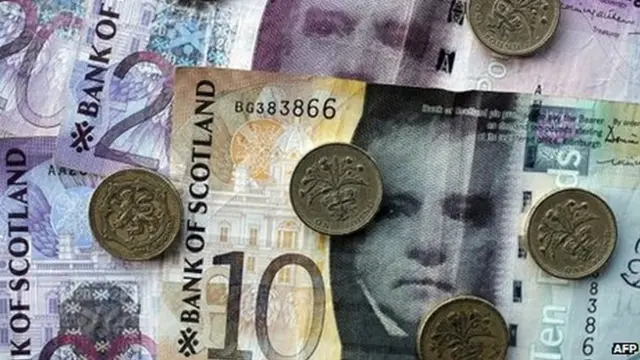 Image source, AFP
Image source, AFPIn early Asian trade, sterling jumped 0.43% to 1.2743 euros.
@ruthdavidsonmsp
tweets, external: Scotland had the biggest, broadest conversation about our future. We have to come together again & move forward together. It's all our home.
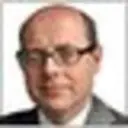 Nick Robinson
Nick Robinson
Political editor
The prime minister has also promised to produce reforms which deliver the soundbite - "English votes for English laws". It was a promise made in the last Conservative manifesto. It was and is a very popular in England. There is a reason, however, why it hasn't been enacted.
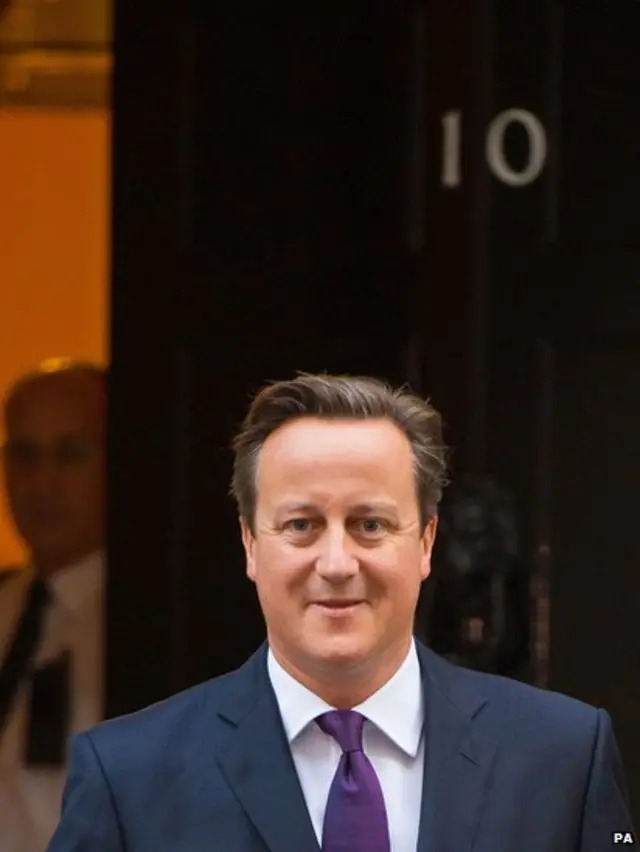 Image source, PA
Image source, PAIt could create two classes of MP. It might mean a government has a majority to pass certain laws but not others (if, for example, the next Labour government did not have a majority of MPs in England).
What's known as the West Lothian question hasn't been answered since it was first asked in 1977. (The question was - Why should the MP for Blackburn in West Lothian in Scotland be able to vote on English matters when the MP for Blackburn in Lancashire can't vote on Scottish issues?).
This referendum may have ended one debate in Scotland - for now. It has, however, lit the touchpaper on the explosive question of where power lies in the UK.
 Nick Robinson
Nick Robinson
Political editor
The people have spoken. Scotland has rejected independence. The result has been accepted by both sides. So that you might think is that. Not a bit of it.
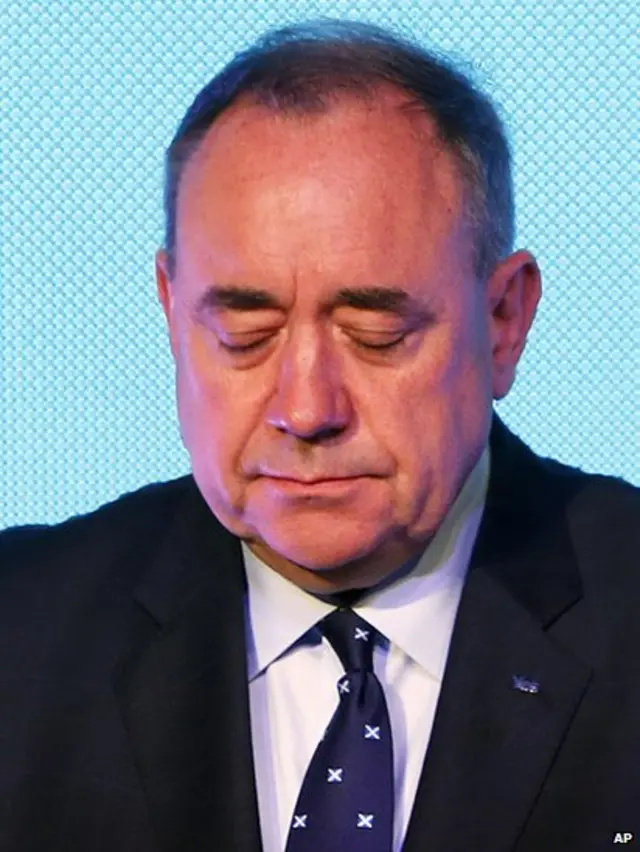 Image source, AP
Image source, APThe fact that over one and a half million British citizens voted to break away from the rest of the UK, the fact that a majority in Scotland's biggest city - Glasgow - backed independence, the fact that the Westminster establishment briefly thought this vote was lost is the reason for that.
The leaders of the three UK parties are now promising significant constitutional change and not just for Scotland but for England, Wales and Northern Ireland as well.
They have agreed on a timetable for giving more powers to the Scottish Parliament but are a long, long way from agreeing proposals. Alex Salmond may have lost this vote but he remains Scotland's First Minister. He's unlikely to merely accept what is offered up by his opponent.
Faisal Islam, Sky News Political Editor tweets:, external ...So did one stray opinion poll in the Sunday papers change via panic and GBrown, course of the United Kingdom constitutional settlement...
The final result:
1,617,989 (45%) said Yes
2,001,926 (55%) said No
Turnout was 84.5%
 James Cook
James Cook
Scotland Correspondent, BBC News
Dundee, Glasgow, North Lanarkshire, and West Dunbartonshire said Yes. Everywhere else said No. #indyref #Scotland
"No" wins by 87,739 to 78,069.
That is 52.9% for "No" and 47.1% for "Yes"
Total votes 165,808. Turnout was 86.9%.
There have been nearly 160,000 tweets about the Referendum between 7am and 8am this morning. That's a dip of 15% on the previous hour.
The most shared tweet, external in the last hour is from UK Prime Minister David Cameron. He tweeted: "Just as Scotland will have more power over their affairs, it follows England, Wales and N Ireland must have a bigger say over theirs."
His account is also the most influential.
Amongst the most shared photos are those of no supporters reacting to the results.
You can join the conversation via #indyref, external, tweet or go to the BBC News page on Facebook, external.
Scottish Conservative MP tweets, external: Was it only 24 hours ago that I was queuing up outside Moffat Town Hall to vote? As we have seen a long time in Scottish politics!
Vanessa Barford examines how Better Together managed to win the Scottish independence referendum.
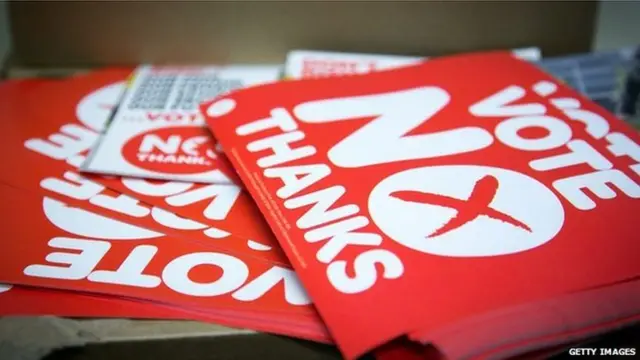 Image source, Getty Images
Image source, Getty Images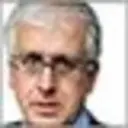 Douglas Fraser
Douglas Fraser
Business and economy editor, Scotland
Clydesdale Bank statement: business as usual, with strong roots in Scotland.
Andrew Marr, broadcaster and journalist
BBC News
What started as a vote on whether Scotland would leave the UK has ended with an extraordinary constitutional revolution announced outside Downing Street by the Prime Minister.
It throws down the gauntlet to the Labour party that we are going to see very big change coming and it had better come quickly.
We always used to be told that if you laid all the economists in the world end to end they still wouldn't reach a conclusion and I think that could be said often about parliamentary committees and inquiries and commissions.
Well it can't happen this time because it's not taking place in a sealed room with the Westminster parties, the old smug consensus, getting round an argument with each other as before.
This is really taking place in a huge glass house, being watched by all the Scottish voters and by millions of people around the UK.
What the Scottish shock has done is produce a constitutional revolution on a very, very tight timetable. Possibly the most exciting political story in my lifetime.
Our picture gallery on the story of the day and night, from the polling stations to the reaction in George Square.
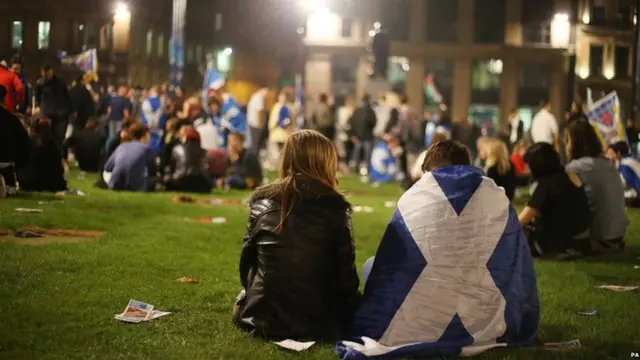 Image source, PA
Image source, PAChris Ship, Deputy Political Editor, ITV News tweets:, external I see the #indyref story is very quickly moving to England. I can imagine the reaction in Scotland to that is "what's new?"